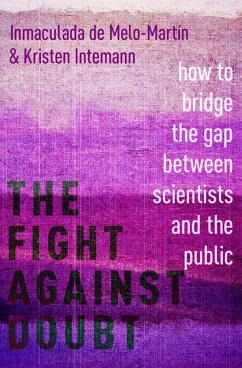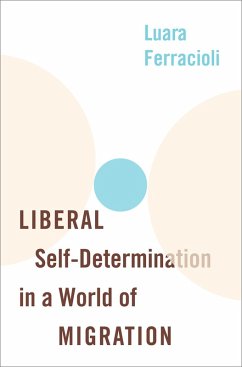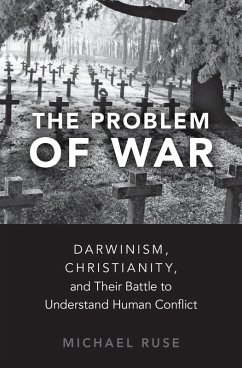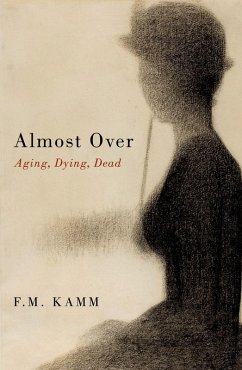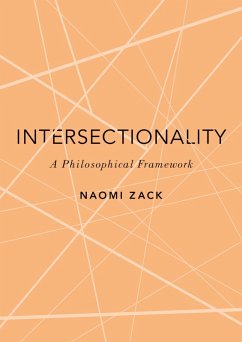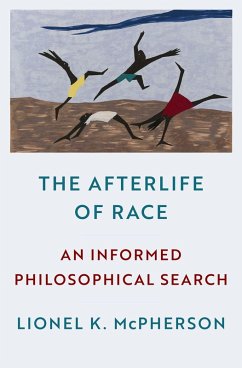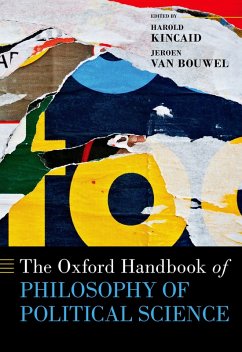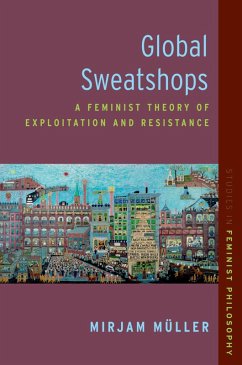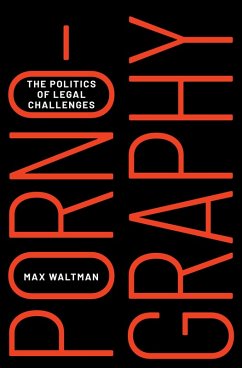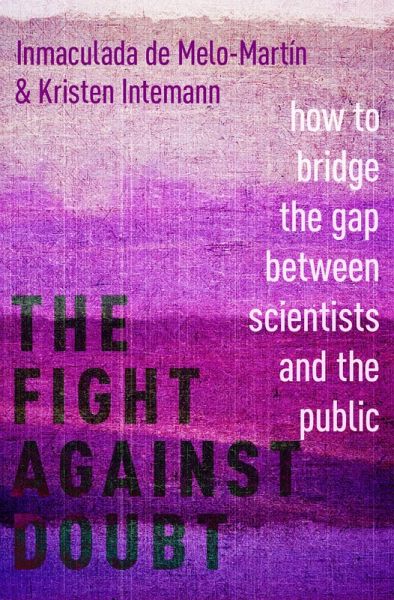
The Fight Against Doubt (eBook, PDF)
How to Bridge the Gap Between Scientists and the Public
Versandkostenfrei!
Sofort per Download lieferbar
15,95 €
inkl. MwSt.
Weitere Ausgaben:

PAYBACK Punkte
8 °P sammeln!
The lack of public support for climate change policies and refusals to vaccinate children are just two alarming illustrations of the impacts of dissent about scientific claims. Dissent can lead to confusion, false beliefs, and widespread public doubt about highly justified scientific evidence. Even more dangerously, it has begun to corrode the very authority of scientific consensus and knowledge. Deployed aggressively and to political ends, some dissent can intimidate scientists, stymie research, and lead both the public and policymakers to oppose important public policies firmly rooted in sci...
The lack of public support for climate change policies and refusals to vaccinate children are just two alarming illustrations of the impacts of dissent about scientific claims. Dissent can lead to confusion, false beliefs, and widespread public doubt about highly justified scientific evidence. Even more dangerously, it has begun to corrode the very authority of scientific consensus and knowledge. Deployed aggressively and to political ends, some dissent can intimidate scientists, stymie research, and lead both the public and policymakers to oppose important public policies firmly rooted in science. To criticize dissent is, however, a fraught exercise. Skepticism and fearless debate are key to the scientific process, making it both vital and incredibly difficult to characterize and identify dissent that is problematic in its approach and consequences. Indeed, as de Melo-Martín and Intemann show, the criteria commonly proposed as means of identifying inappropriate dissent are flawed and the strategies generally recommended to tackle such dissent are not only ineffective but could even make the situation worse. The Fight Against Doubt proposes that progress on this front can best be achieved by enhancing the trustworthiness of the scientific community and by being more realistic about the limits of science when it comes to policymaking. It shows that a richer understanding of the context in which science operates is needed to disarm problematic dissent and those who deploy it. This, the authors argue, is the best way forward, rather than diagnosing the many instances of wrong-headed dissent.
Dieser Download kann aus rechtlichen Gründen nur mit Rechnungsadresse in A, B, BG, CY, CZ, D, DK, EW, E, FIN, F, GR, HR, H, IRL, I, LT, L, LR, M, NL, PL, P, R, S, SLO, SK ausgeliefert werden.




